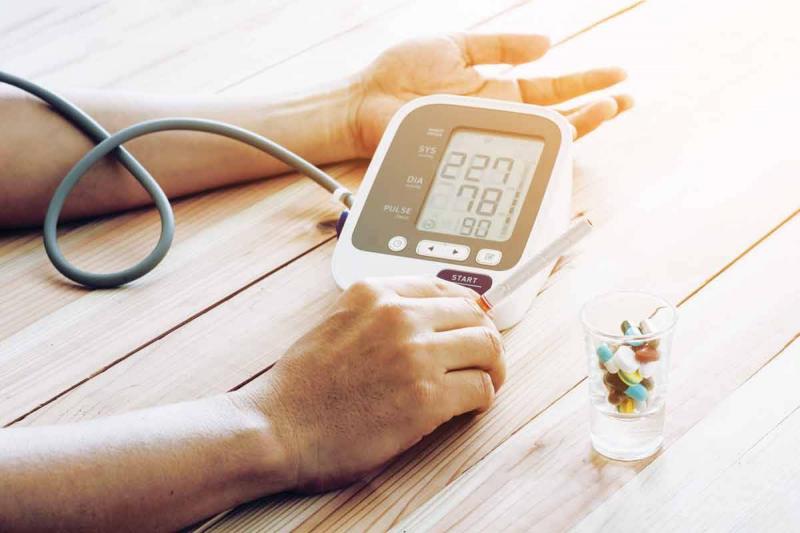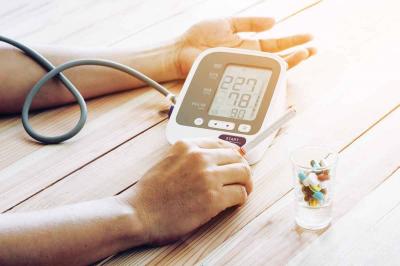The World Health Organization has released its first report on the devastating impact of high blood pressure globally, along with recommendations on how to win the race against the "silent killer." The report shows that nearly 4 out of 5 people with high blood pressure do not receive adequate treatment, and it is estimated that 76 million deaths could be avoided between 2023 and 2050 if countries expand their treatment coverage. High blood pressure affects 1 in 3 adults worldwide. This common and deadly condition leads to strokes, heart attacks, heart failure, kidney damage, and many other health issues. The number of people with high blood pressure (defined as having a blood pressure reading of 140/90 mmHg or higher, or those taking medication for it) doubled from 650 million in 1990 to 1.3 billion in 2019. About half of those with high blood pressure globally are currently unaware of their condition. More than three-quarters of adults with hypertension live in low- and middle-income countries.
Aging and genetic factors can increase the risk of high blood pressure, but other modifiable risk factors also contribute, such as high salt intake, physical inactivity, and excessive alcohol consumption. Lifestyle changes like a healthy diet, quitting smoking, and increasing physical activity can help lower blood pressure. Some individuals may require medications that can effectively control high blood pressure and prevent related complications. Preventing, detecting early, and effectively managing high blood pressure are among the most cost-effective health interventions, and countries should prioritize them within national primary health care services. The economic benefits of improving hypertension treatment programs outweigh the costs by approximately 18 to 1.
Dr. Tedros Adhanom Ghebreyesus, the director-general of the organization, stated, "High blood pressure can be effectively controlled through simple and low-cost medication regimens, yet only 1 in 5 people with hypertension manage to control it. Programs to combat high blood pressure still lack sufficient attention and priority and are significantly underfunded. Strengthening the fight against high blood pressure must be part of every country's path toward achieving universal health coverage, based on efficient, equitable, and resilient health systems grounded in primary health care."
The report is launched during the 78th session of the United Nations General Assembly, which discusses progress toward achieving sustainable development goals, including health-related goals concerning pandemic preparedness and response, tuberculosis elimination, and universal health coverage. Improving the prevention and management of high blood pressure will be essential to advance all of those goals. Increasing the number of patients benefiting from effective hypertension treatment to levels seen in high-performing countries could prevent 76 million deaths and 120 million strokes, 79 million heart attacks, and 17 million heart failure cases by 2050.
Effective blood pressure management can be accomplished at both community and national levels in countries across all income levels. More than 40 low- and middle-income countries, including Bangladesh, Cuba, India, and Sri Lanka, have enhanced their hypertension care through the HEARTS initiative, with more than 17 million people enrolled in treatment programs. Countries like Canada and South Korea have implemented comprehensive national programs for hypertension management, both exceeding a 50% control rate for adults with high blood pressure. Sustainable and systematic national programs to combat high blood pressure can lead to improved blood pressure control, reducing the number of strokes and heart attacks and resulting in longer, healthier lives.




